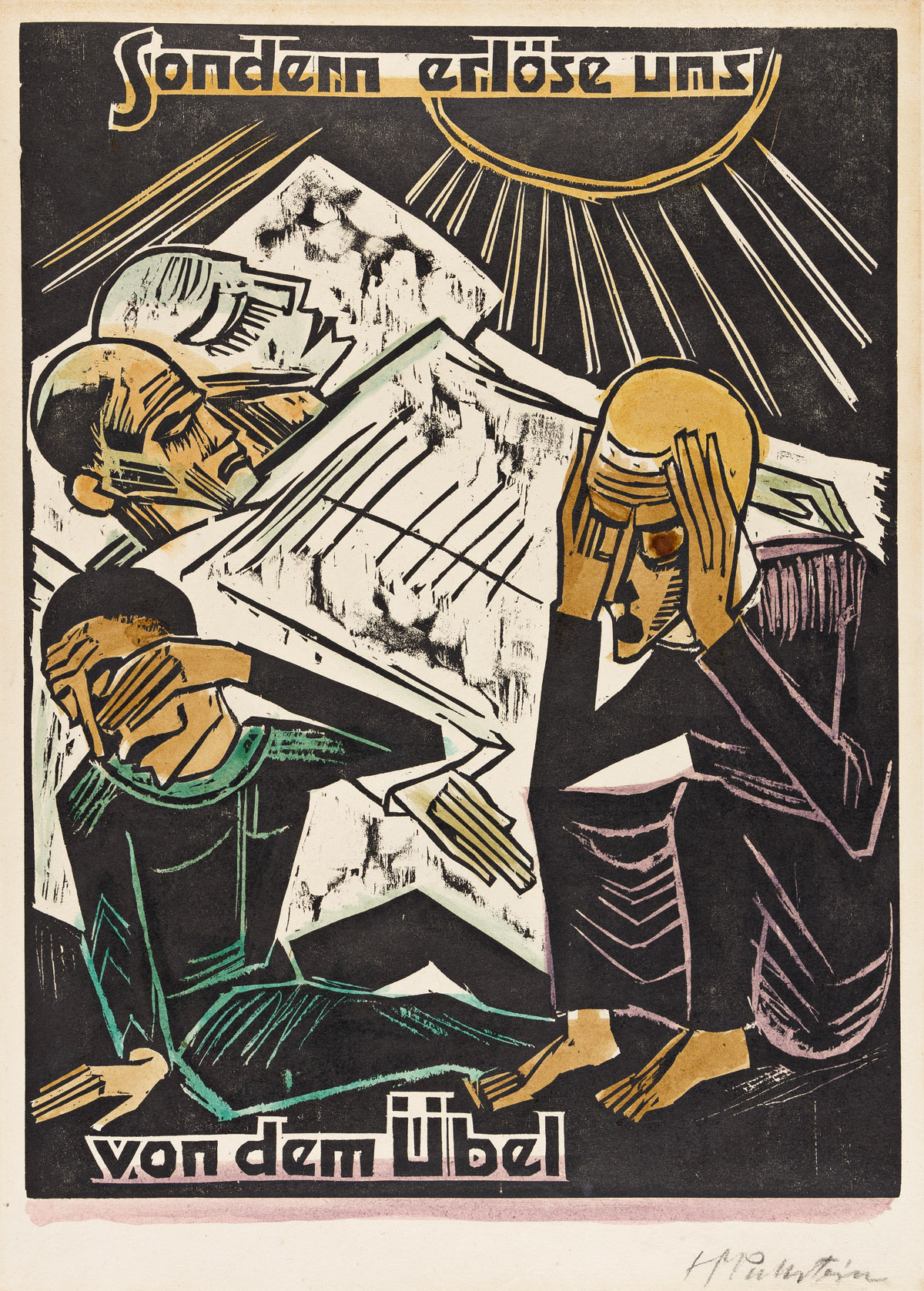Sale 2602 - Lot 424
Unsold
Estimate: $ 2,000 - $ 3,000


Aliquam vulputate ornare congue. Vestibulum maximus, libero in placerat faucibus, risus nisl molestie massa, ut maximus metus lectus vel lorem.